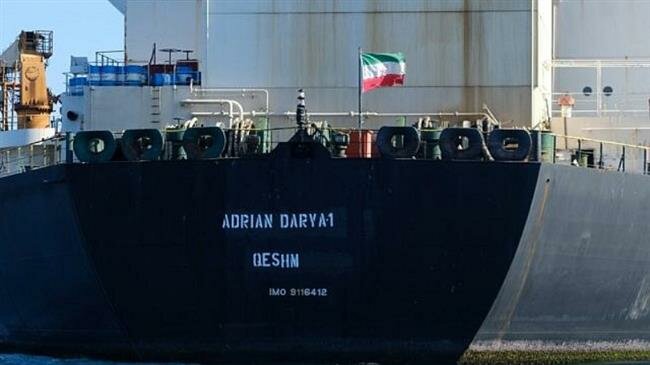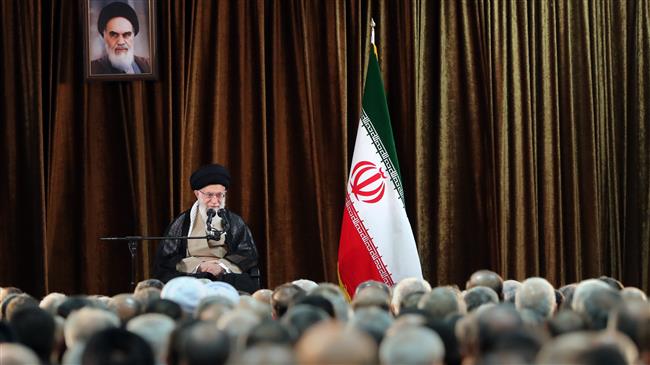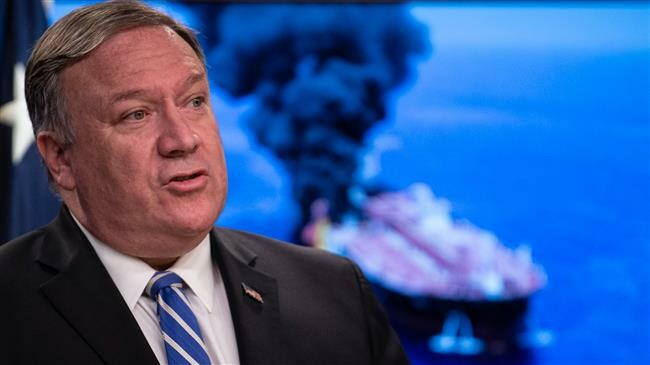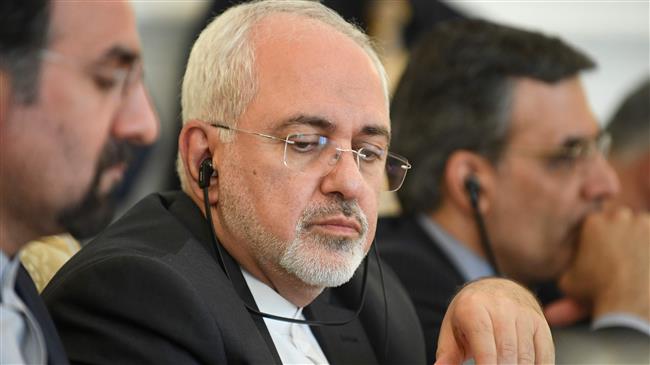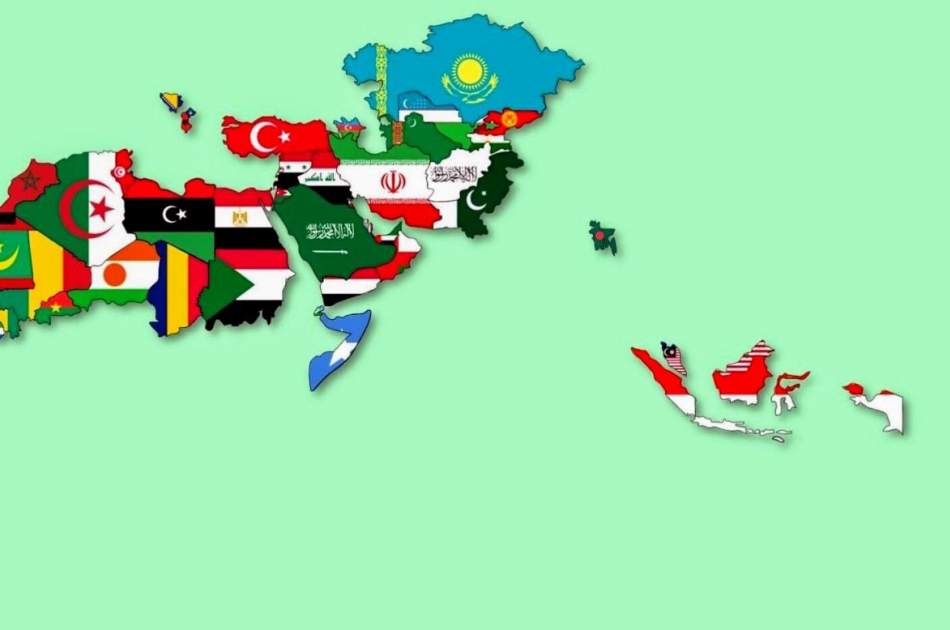The Islamic Republic says it has warned the United States against any attempt at seizing an Iran-headed supertanker that had been detained by the UK and Gibraltar.
Publish dateTuesday 20 August 2019 - 01:51
Story Code : 190259
“Should this measure be taken or even spoken of, it would constitute a threat against free shipping,” Foreign Ministry Spokesman Abbas Mousavi told reporters at a presser on Monday.
The Islamic Republic has conveyed “necessary warnings” to American authorities through the official channels at its disposal, especially the Swiss Embassy in Tehran, “not to undertake this wrongheaded action because they will be faced with adverse consequences,” he added.
On July 4, Britain’s naval forces unlawfully seized the Adrian Darya 1 vessel, then known as Grace 1, and its cargo of 2.1 million barrels of oil in the Strait of Gibraltar under the pretext that the supertanker had been suspected of carrying crude to Syria in violation of the European Union’s unilateral sanctions against the Arab country.
Tehran, however, rejected London’s claim about the tanker’s destination and slammed the seizure as “piracy.”
On Thursday, Gibraltar’s government announced it was releasing the supertanker despite pressure from the US for the vessel’s continued detainment.
The announcement came just before the US Department of Justice unveiled a warrant for the seizure of the ship. Gibraltar’s government said last Sunday that it has knocked back the request, arguing that “the EU sanctions regime on Iran is fundamentally different to that of the US."
Mousavi said the US request for the vessel’s prolonged detainment was “illegal.”
Its rejection by Gibraltar’s government as well as a similar move by Brazil to refuel stranded Iranian vessels late last month despite Washington’s objection show that “there is no place for the US bullying in today’s world anymore,” he added.
“We hope that countries respond to the US’s unilateral sanctions law-abidingly and reject them because the sanctions lack all foundation,” the spokesman noted.
The Islamic Republic has conveyed “necessary warnings” to American authorities through the official channels at its disposal, especially the Swiss Embassy in Tehran, “not to undertake this wrongheaded action because they will be faced with adverse consequences,” he added.
On July 4, Britain’s naval forces unlawfully seized the Adrian Darya 1 vessel, then known as Grace 1, and its cargo of 2.1 million barrels of oil in the Strait of Gibraltar under the pretext that the supertanker had been suspected of carrying crude to Syria in violation of the European Union’s unilateral sanctions against the Arab country.
Tehran, however, rejected London’s claim about the tanker’s destination and slammed the seizure as “piracy.”
On Thursday, Gibraltar’s government announced it was releasing the supertanker despite pressure from the US for the vessel’s continued detainment.
The announcement came just before the US Department of Justice unveiled a warrant for the seizure of the ship. Gibraltar’s government said last Sunday that it has knocked back the request, arguing that “the EU sanctions regime on Iran is fundamentally different to that of the US."
Mousavi said the US request for the vessel’s prolonged detainment was “illegal.”
Its rejection by Gibraltar’s government as well as a similar move by Brazil to refuel stranded Iranian vessels late last month despite Washington’s objection show that “there is no place for the US bullying in today’s world anymore,” he added.
“We hope that countries respond to the US’s unilateral sanctions law-abidingly and reject them because the sanctions lack all foundation,” the spokesman noted.
avapress.net/vdcftxdy1w6d10a.r7iw.html
Tags
Top hits
